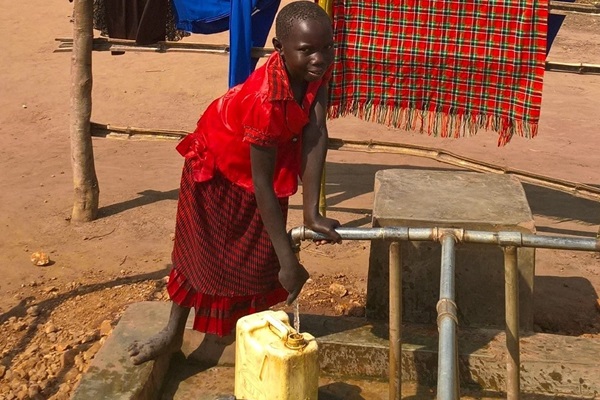Partners Contributions
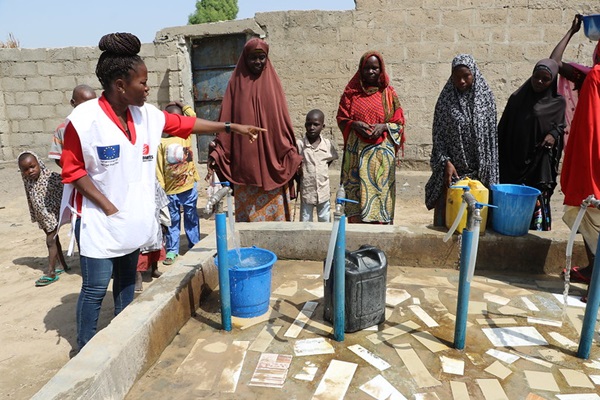
Water Productivity Tools and Analytics
Water Supply and Sanitation in Nigeria: Turning Finance into Services for 2015 and Beyond |AMCOW, WSP
31/12/2014
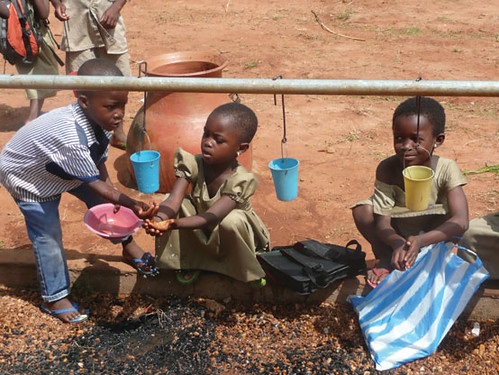
Water Productivity Tools and Analytics
Water Supply and Sanitation in Togo: Turning Finance into Services for 2015 and Beyond |AMCOW, WSP
31/12/2014
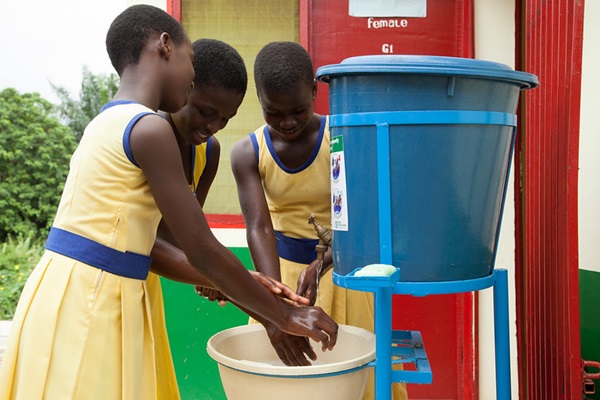
Water Productivity Tools and Analytics
Assessing the Affordability of Water, Sanitation and Hygiene: Ghana Country Case Study | UNICEF, WHO
30/04/2021
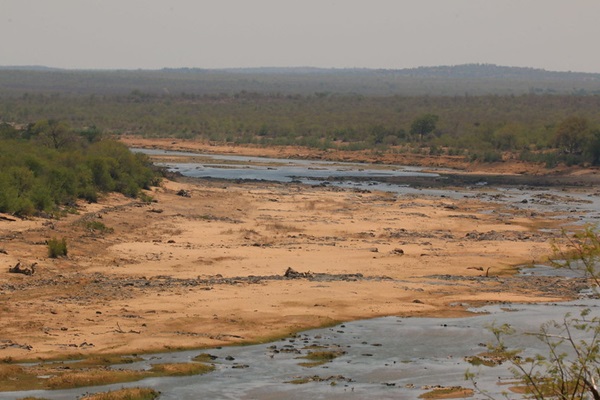
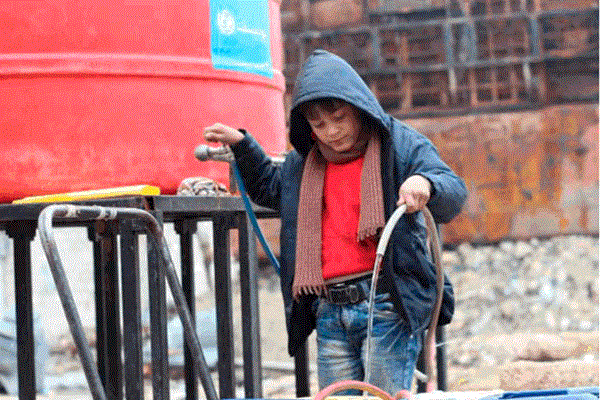
Water Productivity Tools and Analytics
Urban Water Scarcity Guidance Note Preventing Day Zero | UNICEF
28/02/2021
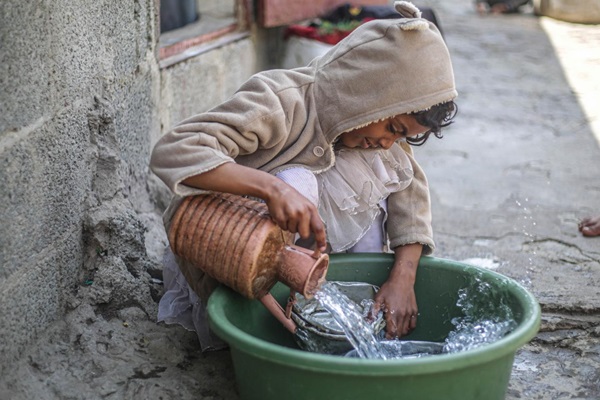
Water Productivity Tools and Analytics
Running Dry - The Impact of Water Scarcity on Children in the Middle East and North Africa |UNICEF
31/07/2021
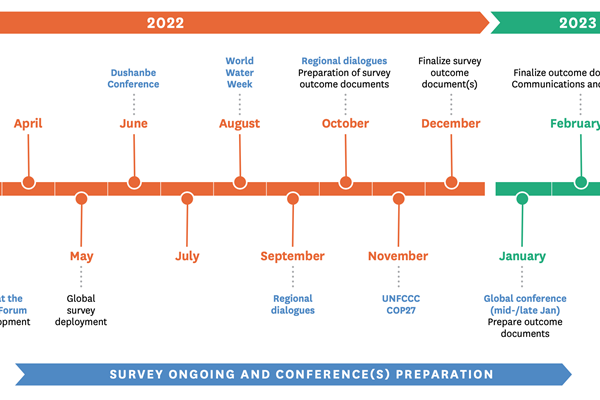
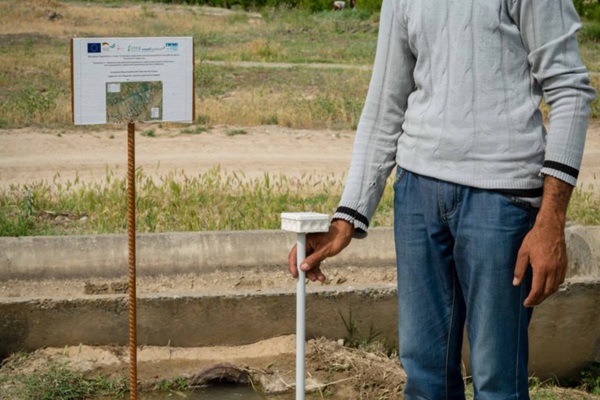
Water Productivity Tools and Analytics
How a Simple Tool is Reducing Conflict and Preserving Water in Uzbekistan | IWMI Success Stories
31/03/2019
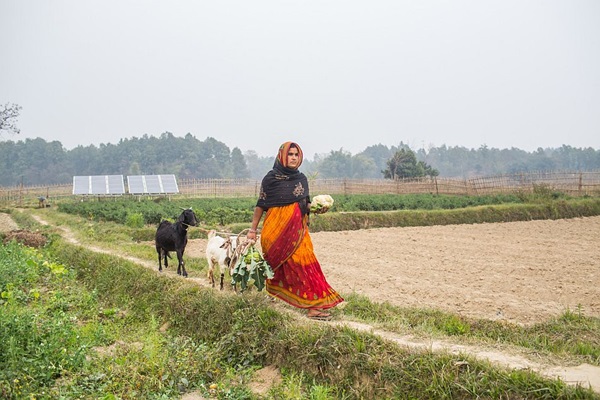
Water Productivity Tools and Analytics
Empowering Female Farmers through Improved Access to Water Technologies | IWMI
12/01/2022
